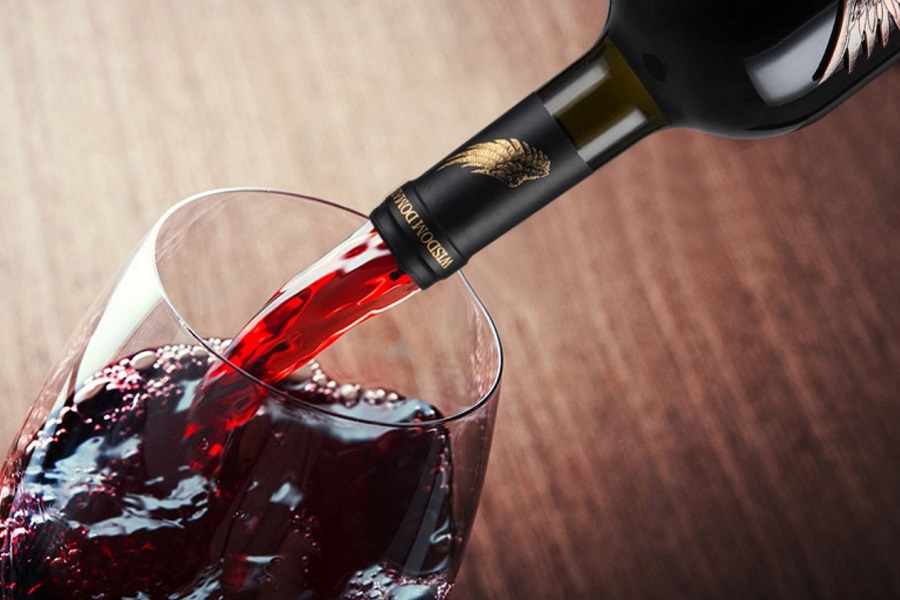The reasons for thinking that red wine can help you lose weight are as follows:
A. Improve metabolism: The antioxidants of vitamins C, E and carotene contained in red wine can improve the metabolism that originally decreased with age.
B. Slow down the speed of eating: develop the habit of tasting red wine during meals, and give yourself a comfortable and ample time to enjoy the meal, which can stimulate the satiety center of the brain in advance, so that you will not overeat.
C. Avoid overeating and overeating: Of course, the blood alcohol concentration will also slowly increase, which is also effective in relieving stress, so it can also inhibit stressful overeating.
D. Reduce edema in the body: Red wine is rich in iron, and alcohol itself has the effect of promoting blood circulation and warming the body, so it can improve anemia, warm the waist and kidneys, and effectively reduce the accumulation of water in the body. People with puffy constitution are especially suitable for this red wine slimming method that both beautifies and slims the skin.
There is only one reason for thinking that red wine will increase weight: red wine is relatively high in calories. Wine is fermented by yeast from grains or fruits. The higher the alcohol content of wine, the formula to calculate how many calories you consume after drinking each time is—drinking amount (ml) × alcohol concentration × 7 = contained calories. It was found that a 250ml glass of red wine or beer has about the same amount of calories as a bowl of rice, about 240 calories.
What the experts say:
Q: Does drinking red wine really cause weight gain?
A: If you drink pure red wine, there is absolutely no need to worry about gaining weight. Because pure red wine is low in calories, drinking a small amount is not directly related to obesity. Some people gain weight by using red wine to lose weight. One possible reason is that the wine they drink is blended. Some red wines on the market are not real wines, but are prepared and blended with a variety of raw materials. These raw materials usually contain sugar and additives, and the calories will naturally be relatively high, which makes it easy to gain weight.
Q: To see if a food is fattening or losing weight, is it enough to just look at the calories?
A: Diet control is the most important way to lose weight. Low-calorie foods are indeed helpful for weight loss. But at the same time, food has a “caloric effect”, which means that digesting food also requires calorie consumption. In general, protein has the highest caloric effect, followed by carbohydrates and the least fat. Depending on whether the food is fattening or losing weight, the proportion of carbohydrates, proteins and fats ingested should be considered, as well as the balance of vitamins, minerals, and trace elements ingested. There is evidence that deficiencies in one or more of vitamins and minerals can also lead to obesity. Weight loss must pay attention to health.
Q: So, can drinking red wine really help you lose weight?
A: Drinking a moderate amount of pure red wine (dry red) is indeed beneficial to the human body. It is advisable not to exceed 100ml each time, and some experts recommend that it should not exceed 200ml. Theoretically speaking, if the three meals are in accordance with the intake of normal people, and red wine is added before going to bed at night, it will not help much to lose weight. The red wine diet is more popular in Taiwan, where there are more people who are particularly fat. If you want to lose weight, you have to rely on diet control, exercise adjustment and so on.


